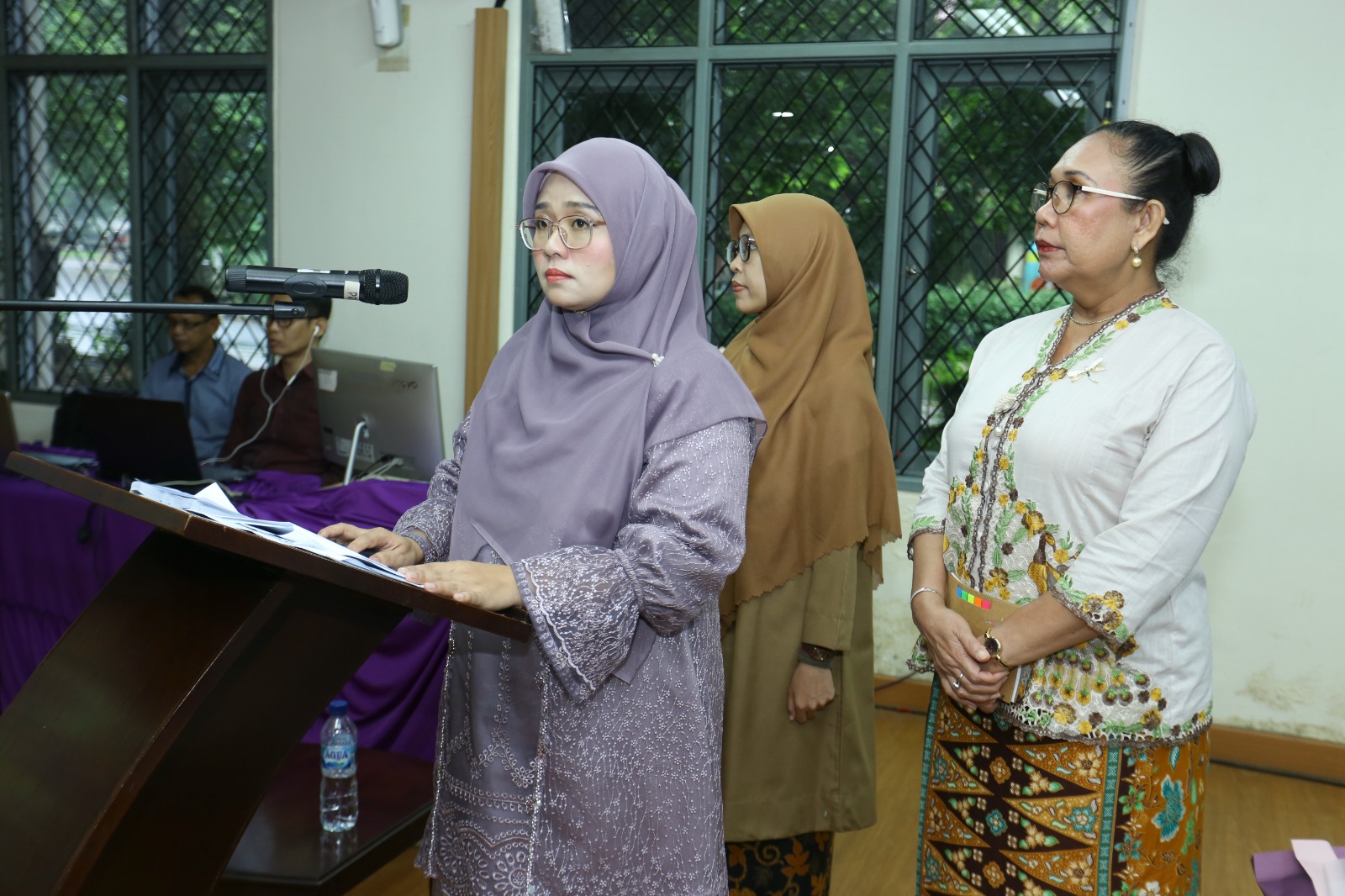Breast cancer remains a major health challenge for women worldwide, including in Indonesia. The disease affects not only the physical health of patients but also their psychological, social, and economic well-being. The prolonged and difficult process of diagnosis and treatment often causes mental strain, stress, and even depression, all of which directly impact patients’ quality of life.
Rafiah Maharani Pulungan, a doctoral candidate in the Epidemiology Doctoral Program with a concentration in Community Epidemiology at the Faculty of Public Health, Universitas Indonesia (FPH UI), conducted research that highlights the crucial role of social support for breast cancer patients. These patients often experience a decline in quality of life due to psychological stress, burdensome treatment, and socioeconomic changes. Support from family, friends, healthcare workers, and the broader community plays a key role in helping patients maintain a decent quality of life during treatment.
Rafiah’s research, presented in her dissertation titled “The Effect of Social Support on the Quality of Life of Breast Cancer Patients at Dharmais Cancer Hospital,” was defended during an open doctoral promotion session held on Tuesday, June 24, 2025, at the Doctoral Promotion Room, FPH UI. The session was chaired by Prof. Dr. Sudarto Ronoatmodjo, S.K.M., M.Sc., with Dr. dr. Tri Yunis Miko Wahyono, M.Sc. serving as the main advisor, and Dr. dr. Helda, M.Kes., and Prof. Dr. dr. Noorwati Sutandyo, Sp.PD (KHOM), FINASIM as co-advisors. The examination committee included Prof. Dr. Misnaniarti, S.K.M., M.K.M.; Dr. Pujiyanto, S.K.M., M.Kes.; Prof. Dr. Yati Afiyanti, S.Kp., M.N.; Dr. dr. Denni Joko Purwanto, Sp.B (K) Onk., M.M.; and Prof. Dr. drg. Ella Nurlaella Hadi, M.Kes.
Using an explanatory mixed methods approach—combining longitudinal quantitative study with qualitative case studies—Rafiah collected data over three months of patient treatment to assess changes in quality of life and the extent to which social support played a role.
The study found that patients’ quality of life tended to decline over time. However, those who received a high level of social support were 3.9 times more likely to maintain good quality of life than those with low support. Emotional support emerged as the most significant factor, followed by tangible support, informational support, and companionship. Family members were identified as the primary source of support, followed by healthcare professionals.
Qualitative findings revealed that social support programs and palliative care services at Dharmais Cancer Hospital contributed positively to patients’ physical, psychological, social, and spiritual conditions. However, the limited number of healthcare professionals was identified as a key barrier to optimal program implementation.
In response, Rafiah recommended increasing the number of healthcare staff in palliative care, implementing regular psychosocial monitoring, and optimizing family involvement in care. She also emphasized the need for clear SOPs for healthcare workers to provide structured social support, and encouraged the formation of patient family communities as a platform for education and social networking.
Rafiah Maharani Pulungan was officially awarded the Doctor of Epidemiology degree with cum laude honors. She is the 127th graduate of the Epidemiology Doctoral Program and the 460th doctoral graduate from FPH UI.
Through her dissertation, Rafiah hopes her findings can serve as a reference for developing community-based interventions and health policies to support holistic care for breast cancer patients in Indonesia. (promovendus/wrk)

